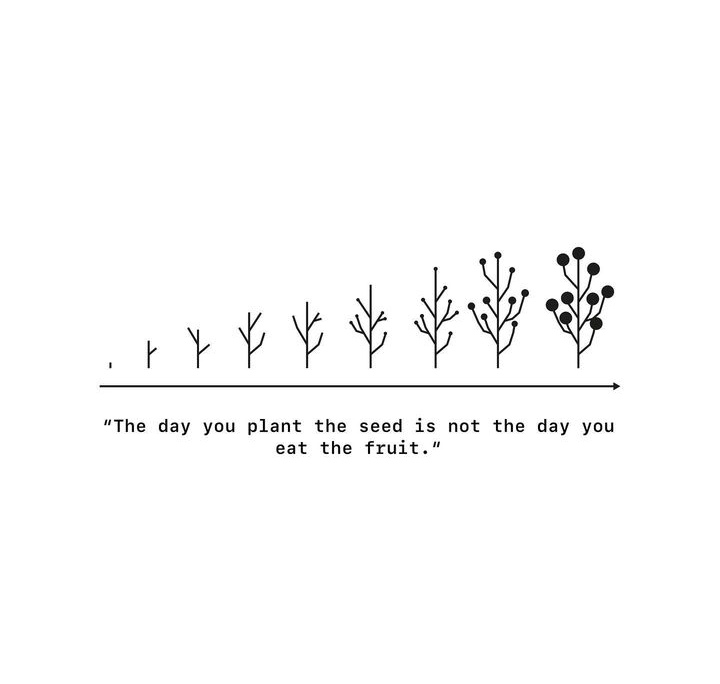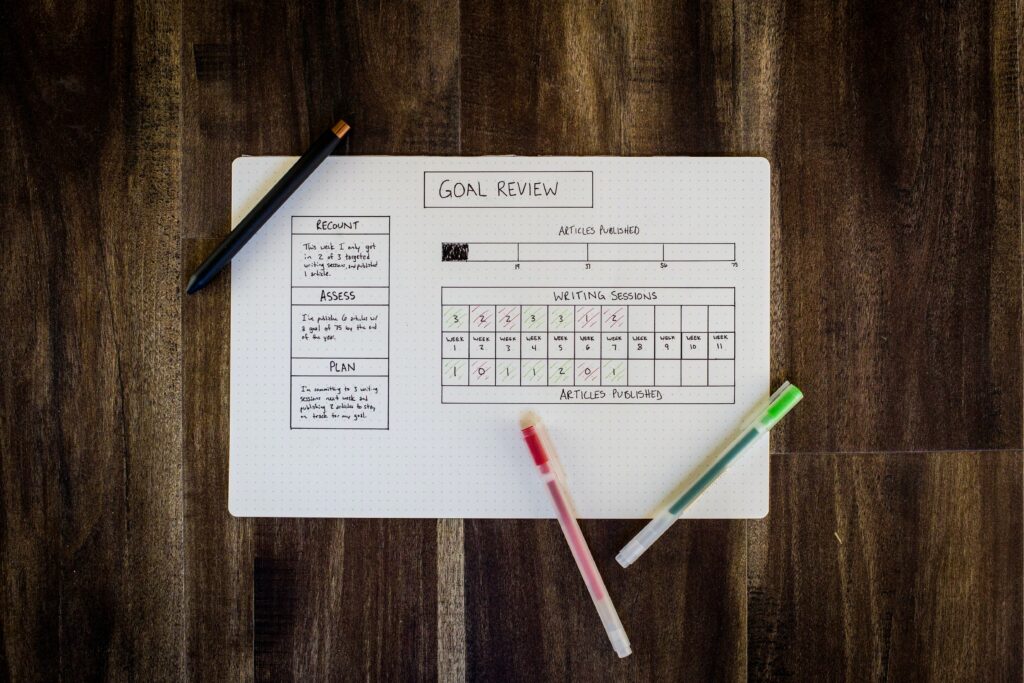
Wait For It
Last night the clocks went forward in the UK, which along with the March Equinox earlier in the week, signals the start of Spring. It’s a time when farmers are preparing fields, wildlife starts building nests, and we start dreaming of those sun-kissed beach holidays.
In many respects, everything is waiting, whether it’s the crops to be harvested, young to be born, or tans to be topped up. It flies in the face of a modern world that has never been more connected, allowing instant messaging, fast-finger feedback, and immediate recognition. However, when you are able to delay gratification, it improves many aspects of life and business.

What is ‘Delayed Gratification’?
Wikipedia describes it as
“…the resistance to the temptation of an immediate pleasure in the hope of obtaining a valuable and long-lasting reward in the long-term..’
And there is increasing evidence that the ability to ‘delay the dopamine’ can lead to many positive outcomes, including better health, improved self-worth, and long-term life success.
The best example comes from an influential psychological study completed by Stanford professor Walter Mischel in the 1960s. Hundreds of children, aged around 4 or 5, participated in what is now known as ‘The Marshmallow Experiment’, which revealed one of the most crucial characteristics for success in any aspect of life.

The Marshmallow Experiment
Each child entered a room, sat on a chair, and one marshmallow placed on the table in front of them. A member of Mirschel’s team then presented a deal to the youngster, if, after the researcher left the room, the child refrained from eating the tasty treat, they would receive a second marshmallow as a reward.
It was a straightforward choice of one treat now or two treats later. However, if the child chose to eat the initial offering, the second marshmallow would not be forthcoming. The observations were entertaining to say the least. Some kids jumped up and wolfed down the marshmallow as soon as the door closed, others tried to show more restraint before succumbing, and then a final group of children waited out the whole period. And they got their reward, a second marshmallow.
What Happened to The Marshmallow Kids?
Now the study started to get interesting because as the years went by and the children grew, the researchers completed a number of further studies. Each tracked a different part of the participant’s life, and it became clear that those who exhibited delayed gratification became more successful. The group who waited patiently for their second marshmallow, consistently achieved higher SAT scores, and exhibited better health, and more advanced social skills. For over 40 years, the researchers followed the individuals, and the ‘two marshmallow club’ continued to succeed in whatever metric was measured, proving that delayed gratification was crucial for success in life or business.

Can you develop Delayed Gratification?
Reflect on your own life, and you will find examples.
If you delay the gratification of buying chocolate or crisps, you will be eating healthier at home. Deferring night outs with friends means you can study harder and get better results. Rather than cutting your run short, staying out longer builds stamina, and you deliver better times.
No pain, No gain holds true in every sense, with success coming down to discipline over distraction. But are some people naturally gifted when it comes to self-control? Or is it a skill that you can develop?
The University of Rochester found it was the latter after they added a subtle change to the original experiment and introduced the external influence of reliability and trust. The group split in two, with one half receiving promises that failed to materialise and the other having more reliable experiences, with the researcher delivering on their commitment.
The impact of the marshmallow test was stark, with the children in the first group having no reason to trust the process, simply eating the first treat. The kids in the second group, now believing that the researcher’s word was their bond, saw delayed gratification leading to better rewards. In other words, self-control was not a pre-determined trait but influenced by environment and experiences, with just a few minutes of unreliability being enough to sway the decision.
How to develop Delayed Gratification
Both these experiments are mentioned in many books, discussed on podcasts, and reported throughout the internet. However, they are one data point within multitudes of studies on delayed gratification. And while the results are telling, we all know life is more complicated than the choices we make at five years old being the determining factors in our success.
But one thing is clear, that discipline, self-control, and taking action are the foundations to making changes, forming new habits, and, ultimately, delivering success. We must learn to avoid easy distractions to focus on the more difficult tasks that deliver results. And this is a skill you can learn, training our brain just like we would our body in the gym.

Here are some ways you can develop delayed gratification:
Know Your Goals – start with the end in mind, as without the reason to delay gratification, you will find it hard.
Think Forward – consider what happens after each decision or path you follow. Better choices follow when you scan the horizon for challenges.
Use Technology – Distractions are easy to come by, particularly via social media. Block notifications, set limits, and use technology to increase productivity
Be Accountable – Find a partner, someone who wants to achieve the same goals. It could be a loved one, a work colleague, or a gym buddy. If you are being held to account for your actions you are more likely to achieve the results.
Intermediary Rewards – Breaking down big goals into smaller challenges means you can introduce ‘reward’ stages to your progress.
Mastering the ability to delay gratification can make you happier, healthier, and more productive in life.
If you are overcome with doubt, just remember.
‘Don’t eat the marshmallow’.
Have a brilliant week!
Dave Rogers, Chief Business Explorer, Fuelled Fit and Fired Up



